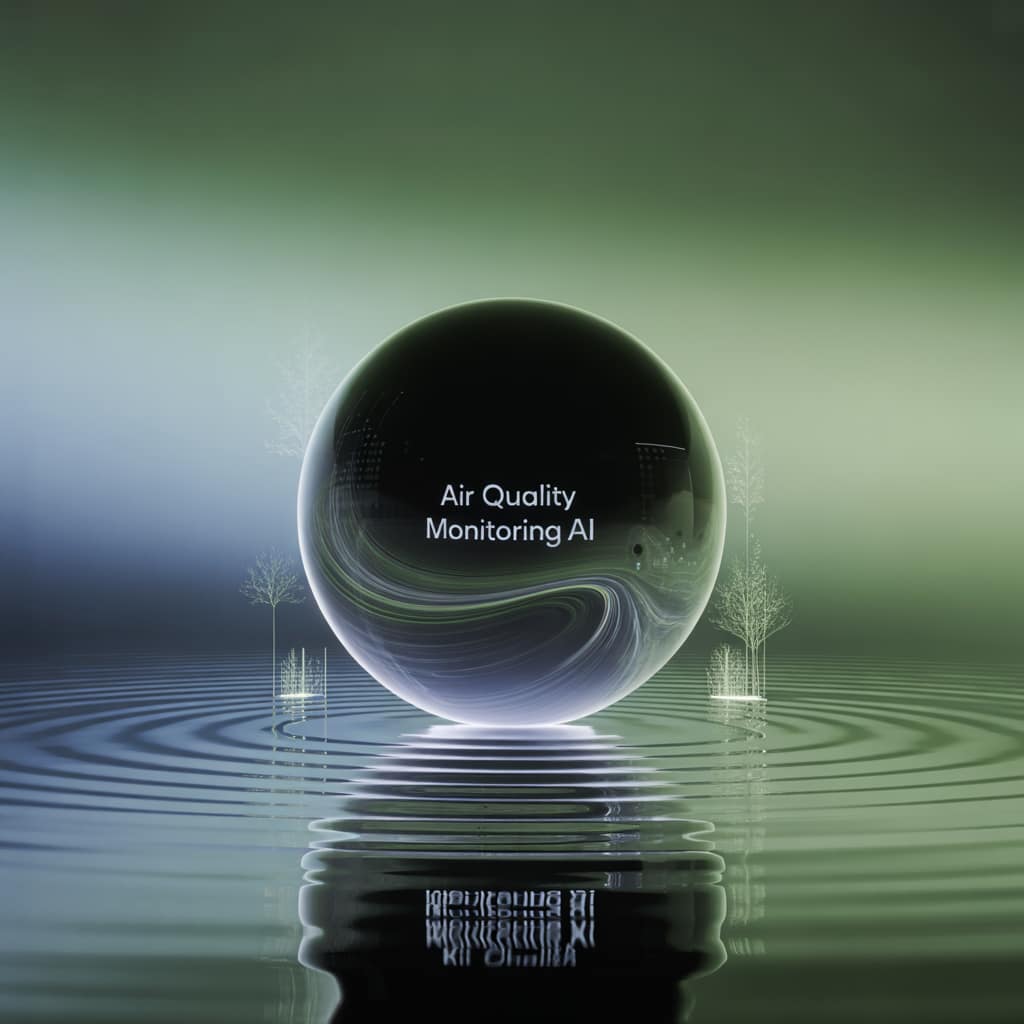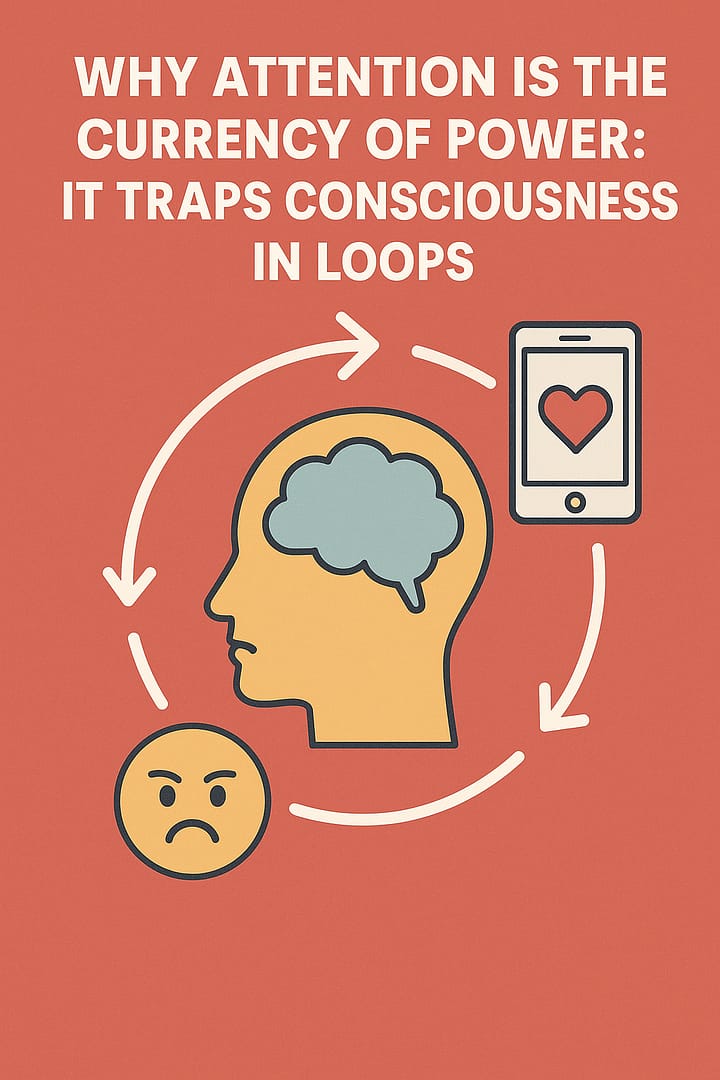We will develop the sections in further blogs. Keep track!
Exploring the Intersection of Human Enlightenment and AI-driven Rationality
The concepts of enlightened human reason and artificial intelligence (AI)-driven rationality represent intriguing facets of human cognition and technological advancements. This article delves into the intersection between enlightened human reason and AI, examining how these two realms of thought interact, overlap, and diverge. By exploring the potential of AI to contribute to human enlightenment and the boundaries of AI-driven rationality, we embark on a thought-provoking exploration of the relationship between human cognition and AI as tools for reasoning and knowledge acquisition.
Enlightenment and Human Reason
What characterizes enlightened human reason?
Exploring the historical context and philosophical underpinnings of the Enlightenment era and its emphasis on reason, skepticism, and the pursuit of knowledge.
Discussing how enlightened human reason has shaped human progress, scientific inquiry, and societal development.
AI and Rationality
How does AI contribute to rational thought and decision-making?
Examining the capacity of AI algorithms and models to analyze vast amounts of data, identify patterns, and make rational judgments.
Discussing the potential benefits and limitations of AI-driven rationality in domains such as problem-solving, data analysis, and decision support.
AI as an Extension of Human Reason
How does AI augment human cognitive abilities?
Exploring how AI technologies can enhance human reasoning processes, amplify intellectual capabilities, and facilitate knowledge acquisition.
Discussing the potential of AI to assist in complex problem-solving, hypothesis testing, and the generation of new insights.
Ethical Considerations
Navigating the ethical implications of AI-driven rationality.
Examining the ethical challenges surrounding AI decision-making, accountability, and the potential biases embedded in AI systems.
Discussing the importance of transparency, fairness, and human oversight in harnessing AI-driven rationality for the greater good.
AI’s Limitations and Human Agency
Can AI truly achieve enlightened reason?
Exploring the boundaries of AI-driven rationality and the limitations of purely algorithmic reasoning.
Discussing the distinctive qualities of human cognition, including creativity, intuition, and ethical judgment, that currently elude AI systems.
Human-AI Collaboration
How can human enlightenment and AI-driven rationality coexist and complement each other?
Examining the potential for collaboration between human reason and AI-driven rationality, where humans provide context, values, and ethical perspectives.
Discussing the role of human creativity, critical thinking, and subjective experience in navigating the complex challenges of the modern world.
Conclusion
The interaction between enlightened human reason and AI-driven rationality presents an intriguing landscape for exploration. By recognizing the distinctive qualities and limitations of both human cognition and AI technologies, we can foster a balanced approach that leverages the strengths of each domain. Through ethical considerations, human oversight, and interdisciplinary collaboration, we can harness AI’s potential to augment human reason, facilitate knowledge acquisition, and contribute to human enlightenment while upholding the principles of transparency, fairness, and ethical responsibility. By embracing the synergies between enlightened human reason and AI-driven rationality, we can navigate the complexities of the information age and advance our collective pursuit of knowledge, understanding, and human progress.
Table summarizing the question regarding AI and reason
| Question: How does AI influence human reasoning and the concept of reason? |
| Implications: |
| – Exploring the impact of AI on human cognitive processes and rationality. |
| – Examining how AI algorithms and models can enhance reasoning capabilities and problem-solving. |
| – Discussing the potential limitations and biases in AI-driven reasoning. |
| Possible Answers: |
| 1. AI augments and enhances human reasoning. |
| – AI technologies can assist in complex problem-solving, data analysis, and decision-making processes. |
| – AI algorithms can uncover patterns, correlations, and insights that may not be readily apparent to human reasoning alone. |
| 2. AI poses challenges to human reasoning and critical thinking. |
| – Reliance on AI systems may reduce human reliance on independent thinking and analysis. |
| – Biases and limitations in AI algorithms may impact the accuracy and objectivity of reasoning outcomes. |
| 3. Human reasoning and AI-driven reasoning coexist and complement each other. |
| – AI can be seen as a tool that aids and enhances human reasoning rather than replacing it entirely. |
| – Human intuition, creativity, and ethical judgment remain crucial for comprehensive reasoning. |
These answers are not exhaustive, and individual perspectives and beliefs may offer additional interpretations of the question. A frame for debate and further tought!

Shop Corner
Enlightened Human Reason and Artificial Intelligence On Amazon
Wishing you thoughtful and productive thinking!
Source OpenAI’s GPT language models, Fleeky, MIB, & Picsart






